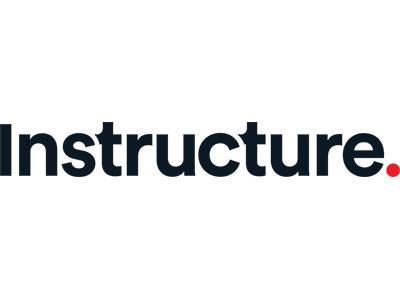
Shaping the future of education using stackable credentials
Microlearning is an educational approach that has gained momentum in recent years. The concept of stackable credentials could create a paradigm shift in the education sector by challenging the traditional linear model of education.
A Times Higher Education webinar, held in partnership with Instructure, explored stackable credentials and their role in improving lifelong learning and making education more accessible.
Stackable microcredentials are bite-sized qualifications that learners can accumulate and combine to build a specialised skillset or earn a larger qualification through a dynamic, flexible and learner-centric approach.
Education technology firms such as Instructure have elevated their services to align with industry requirements and enable institutions to create innovative pedagogical solutions that match the needs of learners.
“As a company, we’re focused on positioning ourselves to support both the institutions and individuals in their learning journey, embracing the change that we’re seeing in education related to digital delivery,” said Stephan Fortier, regional director for UK and Ireland at Instructure.
Cranfield School of Management, notable for its emphasis on executive and customised education, is among the institutions that utilise Canvas, a learning management system created by Instructure. Canvas provided Cranfield University with a streamlined platform for developing its stackable learning programmes to make business education more accessible.
“There’s been quite an explosion in microlearning,” said Graham Bell, director of digital education at Cranfield School of Management. Microlearning programmes offer learners the flexibility and autonomy to study the modules they choose and in the order they prefer.
The programme at Cranfield is self-paced and globally available, with minimal entry requirements. This offers learners the opportunity to build their capabilities over time, with the option to progress to a master’s degree.
The courses are delivered by Cranfield University’s faculty and industry experts, making the programme both flexible and credible. It includes knowledge checks and reflective tasks to help learners apply their knowledge.
The university leverages Canvas tools such as quizzes and SpeedGrader, along with standardised module structures, to achieve scalability with its microlearning programme.
The programme is designed to be accessible by reducing barriers to entry that are common in traditional business education. It offers various pathways for learners from different academic backgrounds and allows them to choose their level of commitment and budget, which is particularly suitable for individuals who are unable to pursue full-time study.
If people are going to be investing in themselves and in lifelong learning, it is important that they have programmes that are built to help them in their careers, said Fortier. There is a growing need for people to upskill or reskill in various areas, especially for managers and executives in businesses.
Microcredentials provide individuals with a portfolio of courses that can have a real impact on their careers. However, concerns persist among learners regarding how microcredentials are recognised by employers. Fortier pointed out that applicant tracking systems currently have limitations in recognising non-traditional qualifications, despite their increasing popularity as an affordable way to acquire skills.
Bell noted that his university is engaged in ongoing conversations with corporate partners about bridging the gap between standard e-learning and executive development by providing cost-effective development programmes for large groups of employees.
“There is a change happening. More and more employers are beginning to recognise microlearning and, certainly, microcredentials and see them as a valid way for somebody to build their career path,” Bell concluded.
The panel:
- Graham Bell, director of digital education, Cranfield School of Management
- Stephan Fortier, regional director for UK and Ireland, Instructure
- Ashton Wenborn, branded content editor, Times Higher Education (chair)
Watch the webinar on demand above or on the THE Connect YouTube channel.
Find out more about Instructure.
Find out more about Cranfield School of Management.

